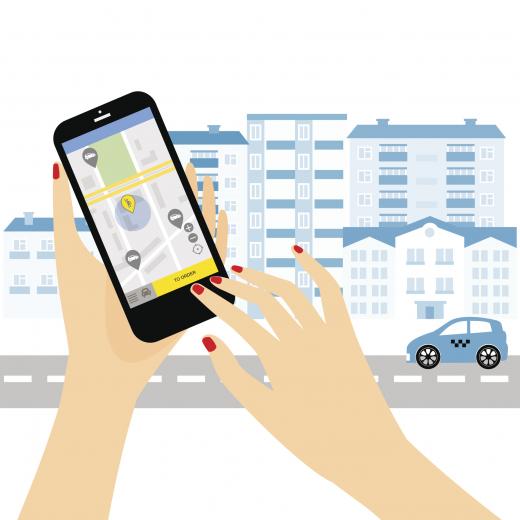1 10
1 10
Half of respondents to the GBTA Business Traveler Sentiment Index said their companies now allow them to use ride-sharing services such as Lyft and Uber, a jump from 44 percent in June 2016. Seventy-one percent expected their use of ridesharing services to continue at the same pace over the next three months, while 18 percent said they planned to use them more often.
Thirty percent of the respondents said their organizations allow them to use home-sharing services such as Airbnb and HomeAway. Overall, use of these services is up 20 percent since June 2016. Of those business travelers who can, 13 percent said they would increase their use of home-sharing accommodations in the three months following the survey.
American Express Global Commercial Payments Senior Vice President Susan Chapman Hughes says, “Nearly one in five travelers are still unsure whether their employer’s policies allow for sharing-economy services, making it especially important for companies to communicate clear details about the services and amenities that their policy covers.”
Almost half of business travelers who work out regularly at home said they don’t exercise as often on the road. Their most-frequent excuse is that they don’t have the time (71 percent), are too tired (47 percent), or are just not able to keep up with their normal fitness routine (29 percent). Seventeen percent blame hotels for not having fitness centers. Millennials are the most dedicated to working out while traveling for business, with 46 percent saying they manage to get some exercise in, compared to 41 percent of Gen-Xers and 38 percent of Baby Boomers.
Despite their slack exercise routines while on the road, 63 percent said they often consider access to fitness center or places to take a walk when choosing accommodations. The report recommends that employers should find out what amenities are important to their traveling employees and, if they’re not currently being offered, consider negotiating with travel suppliers to include them.
The vast majority—88 percent—said they have no problem with the amount of travel their work requires and wouldn’t mind traveling at least the same amount in the future. Almost two-thirds said their employers feel business travel is key to their company’s bottom line. However, 26 percent said they weren’t altogether happy with their ability to meet their work goals while on the road. Among the challenges they cited were not being able to spend enough time with clients, insufficient Wi-Fi access, and not enough cash in the budget to extend the trip.
It’s not surprising that 77 percent said reliable Wi-Fi is a must for getting work done while on the road. Eighty-three percent of respondents said that hotels did the best job with offering good Wi-Fi, followed by airplanes (49 percent) and trains (48 percent).
While Millennials are still the biggest social media users on the road, older generations are increasingly checking in on Facebook, Twitter, Mixi, and Xing. In fact, for the first time, the survey found more than half of all business travelers (54 percent) were accessing social media during business trips at least once a day. And they’re not just watching cat videos—they say social media helps them find travel supplier reviews and keep in touch with colleagues and business contacts.
Corporate credit cards are still the favorite form of payment for trip-related expenses, the survey found. There was a small increase—from 12 percent in June 2016 to 14 percent in January 2017—in business travelers using mobile wallets tied to corporate cards. There was also a small increase from 44 percent to 49 percent in the number of those who said they used mobile apps to log their expenses.
The GBTA Foundation conducted an online survey of 3,220 business travelers whose primary residences are located in Australia, Canada, Germany, Hong Kong, Japan, Mexico, the United Kingdom, and the United States September 6–26, 2016. Respondents must have been employed full- or part-time, and must have taken at least four business trips in the previous 12 months.

